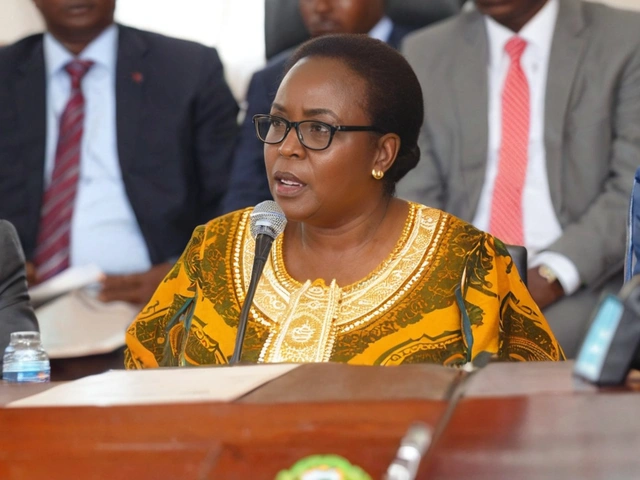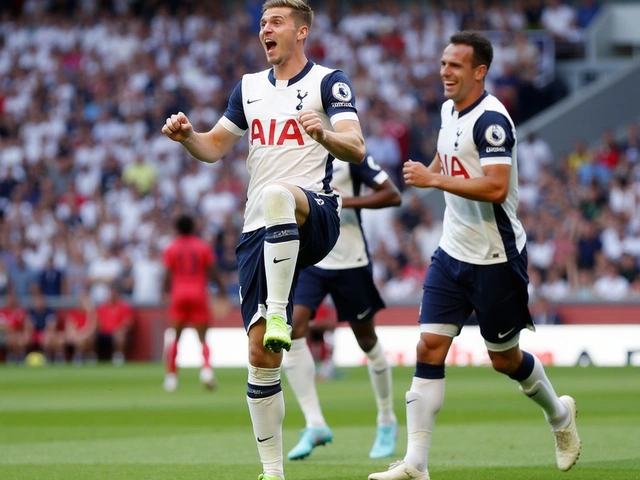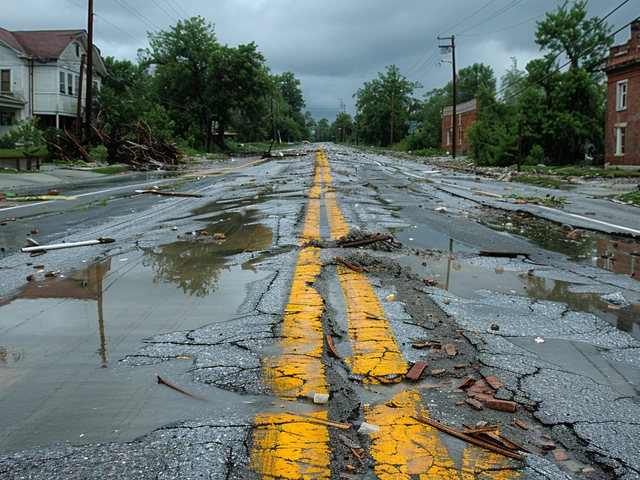Economic impact: what to watch and why it matters
A single news item — a tourism surge, a major transfer fee, or a tech change — can ripple through an economy fast. Want to know whether a headline matters beyond clickbait? This guide shows what to look for and gives real examples from recent coverage so you can spot actual economic impact quickly.
How to spot real economic impact in news
Look for numbers. Headlines that include figures — visitor counts, transfer fees, investment amounts, rankings or job losses — usually point to measurable effects. For example, a £50m transfer for a player tells you money leaves one club and arrives at another, affecting wages, agent fees and local spending.
Check stakeholders. Who gains or loses? Governments, local businesses, workers, investors and tourists all feel the effects differently. When Mexico’s tourism growth is reported, hotels, airlines and taxi drivers are likely to see immediate gains while infrastructure and pricing may change over time.
Watch timing and scale. A friendly match in Pasadena or a pre-season tour in the U.S. can boost hotel bookings and local spending for a week. A national policy shift, like tightened trade rules or new security ties, changes long-term investment decisions and can alter GDP growth rates.
Read beyond the headline. Stories about tech products — say a new anti-glare display planned for a flagship phone — hint at supply chain shifts. Suppliers, assembly plants and materials makers can win contracts, while competitors may lose market share.
Examples from recent headlines — simple takeaways
Mexico’s tourism surge: More visitors means more revenue for hotels, restaurants and transport. It also attracts foreign investment in resorts and flights, widening the economic benefit beyond immediate tourist spending.
Big football transfers and club moves: When a club spends tens of millions on a player, local economies can feel the shift. Increased ticket sales, merchandise and global attention raise city income. Conversely, boardroom chaos at a club can lower performance, which can hurt local businesses that rely on matchday crowds.
Major events and tours: Hosting international friendlies or the Club World Cup brings a short-term spending boost to host cities — think hotels, catering and transport — plus longer-term branding value that can increase future tourism.
Universities and rankings: A higher national ranking for a university drives more international students, research grants and local rental demand. That creates new jobs and small-business growth around campuses.
Geopolitical moves: If a country is shut out of summits or faces rising tensions, investors may delay projects, currency values can wobble, and trade deals stall — all measurable economic impacts.
Want actionable next steps? Track the numbers mentioned in articles, follow who benefits, and set up alerts for follow-ups. Use official sources like tourism boards, central banks, or club statements when you can. That way, you won’t just read headlines — you’ll understand how they change real lives and local economies.
Epra Announces Minor Reduction in Fuel Prices: Impact and Analysis
By Sfiso Masuku On 14 May, 2024 Comments (14)

The Energy and Petroleum Regulatory Authority (Epra) has reduced fuel prices by one shilling in its latest review. This adjustment aims to ease financial pressures on motorists and businesses, enhancing economic activity and transportation affordability across the nation.
View More




